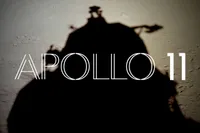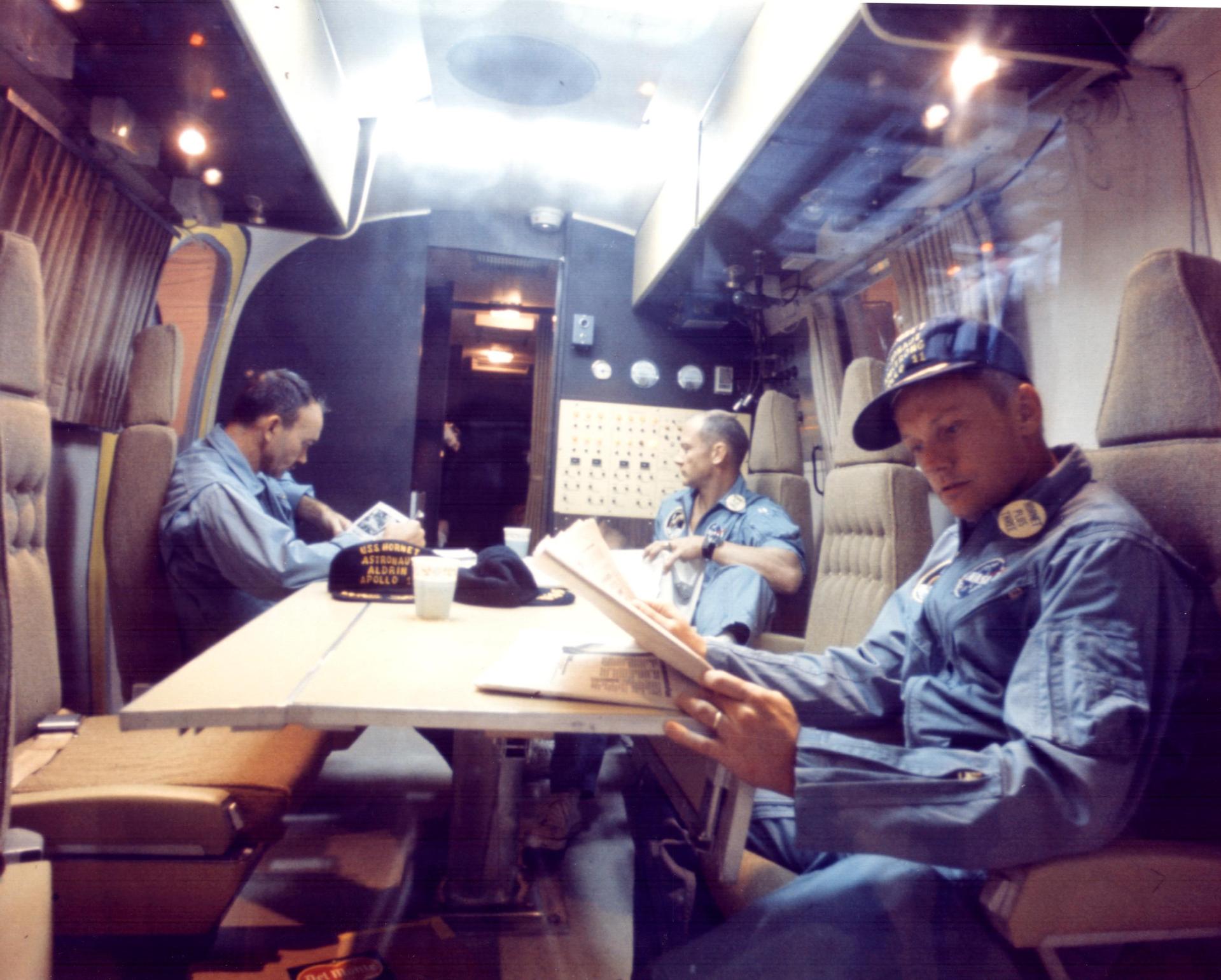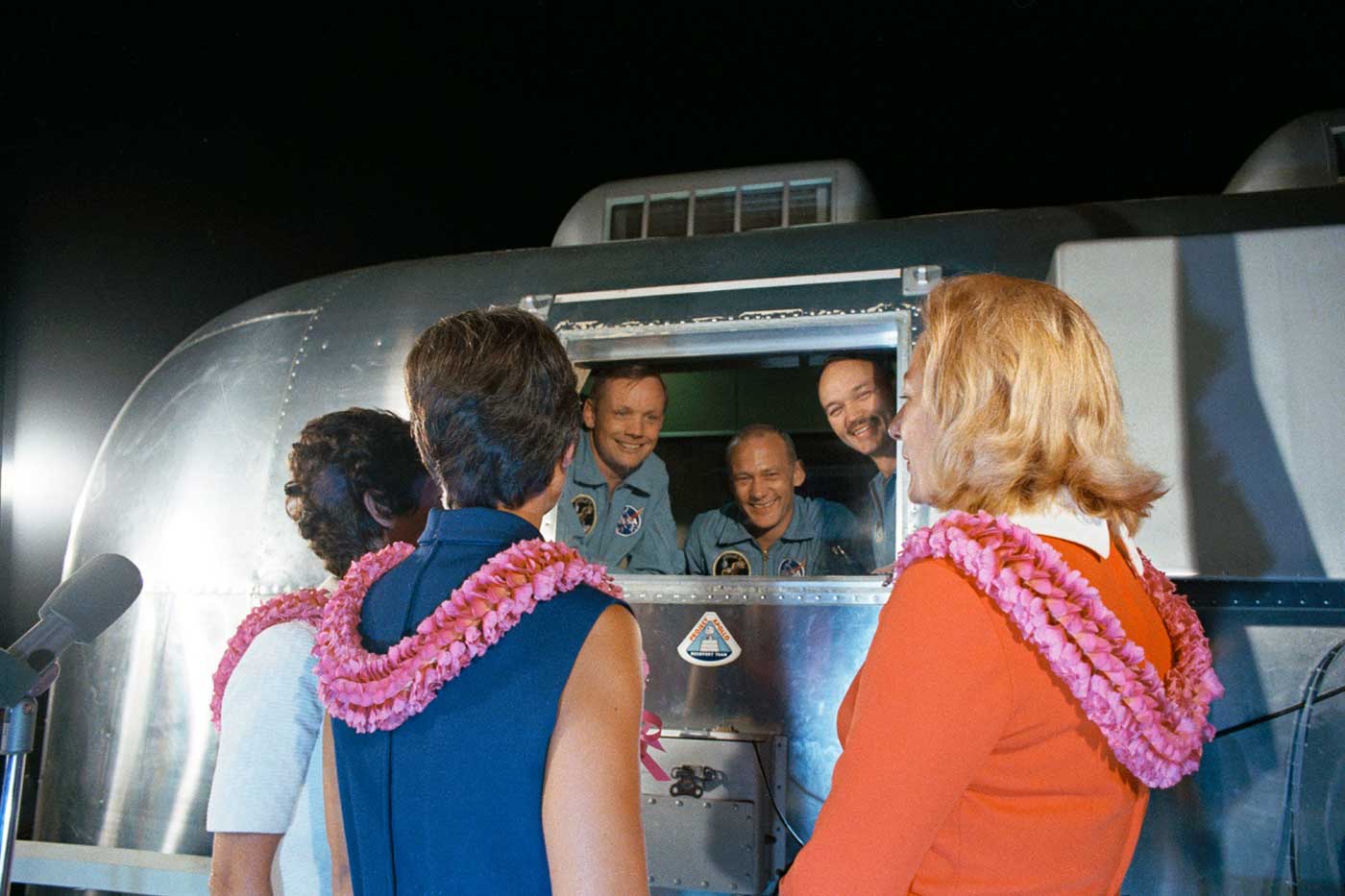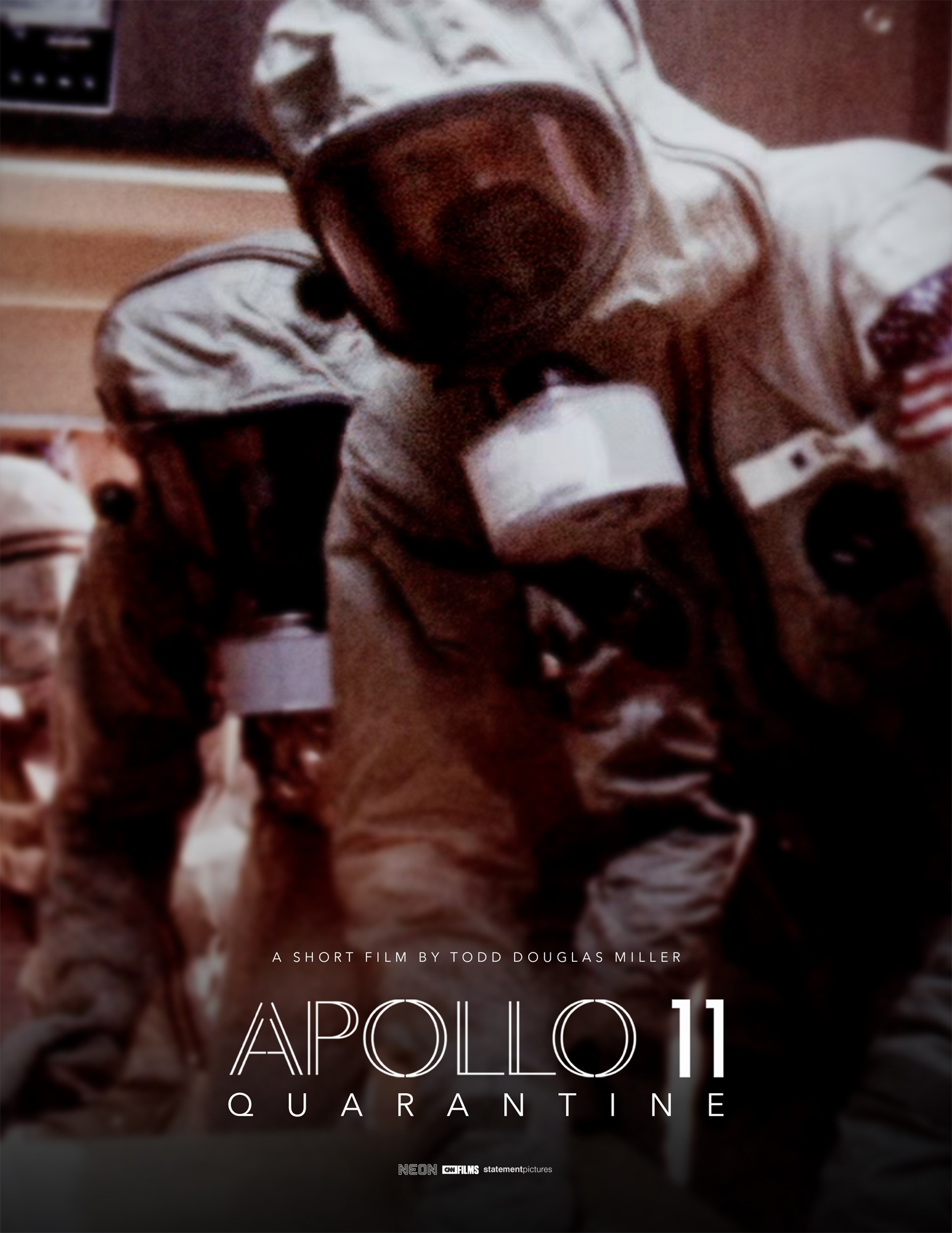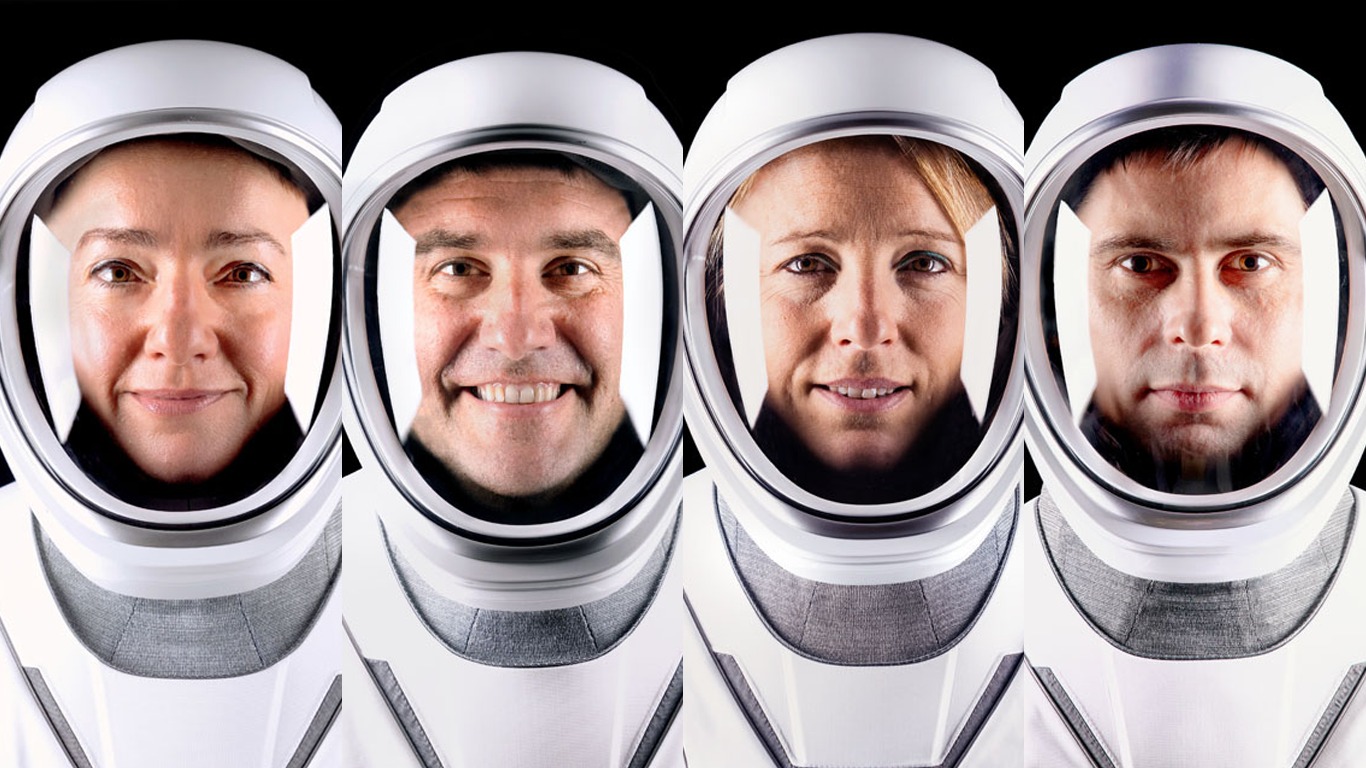'Apollo 11: Quarantine' short documentary lands in IMAX theaters
It will be available for streaming Feb. 5.
If you thought self-isolation during a global pandemic was rough, a new short film about the stringent quarantine the Apollo 11 astronauts faced upon returning to Earth might offer some consolation.
"Apollo 11: Quarantine," which opens in select IMAX theaters today (Jan. 29), tells the story of what Apollo 11 astronauts Neil Armstrong, Buzz Aldrin and Michael Collins went through in their first 21 days back on Earth after the historic moon landing in 1969. Created by the same team behind the 2019 documentary "Apollo 11," the new short film features more never-before-seen 70mm footage from the National Archives and NASA, without any narration or interviews.
While the circumstances of their 21-day quarantine were vastly different from the pandemic that's been spreading across our planet for over a year, the reason for isolating remains the same: to prevent the spread of something potentially harmful. At the time of the moon landing, scientists didn't know if there was life on the moon, or if any other dangerous substances may have hitched a ride back to Earth with the astronauts or the moon rocks they collected.
Video: 'Apollo 11 Quarantine' includes never-before-seen footage (trailer)
Related: NASA's historic Apollo 11 moon landing in pictures
Apollo 11 Blu-ray | $12.59 on Amazon
Director Todd Miller weaves a thrilling tale of exploration using restored archival video to recreate NASA's Apollo 11 mission to land the first humans on the moon.
"It was just a massive effort, just like the rest of the mission, to safeguard all of those people and those materials," director Todd Douglas Miller told Space.com. "And I think it's a parallel with what has been going on during this pandemic today. I think it was that everybody was on the same page back then. Everyone that was involved in the Apollo project followed these proper, science-based procedures."
Miller said he and his team began producing "Apollo 11: Quarantine" before COVID-19 struck, but that the short film "took on a new urgency" in light of the pandemic. "We were making 'Apollo 11,' which was, you know, these guys and their biological isolation garments and gas masks and thrown into an airstream — basically a shiny Winnebago. It just seemed a little ridiculous, you know, to end the main film that way," he said.
"So, in the spring, we started kind of piling together what those procedures are, like the actual quarantine procedures, and, to our surprise, there wasn't a whole lot of documentation about it," Miller said. "So, that set about a lot of work, dealing with historians and technical consultants about all that. But then as the year progressed, with everything going on — you had the racial justice movement that summer, the ramp up to the election happening in last November — there was a lot of similarities, a lot of parallels, if you will, to what was happening during these quarantine procedures."
Breaking space news, the latest updates on rocket launches, skywatching events and more!
Related: Hundreds Demonstrated against poverty at Apollo 11 moon launch
With the story more relevant than ever, "Apollo 11: Quarantine" evolved from what was originally intended to be a five-minute follow-up to "Apollo 11" into a 23-minute short film that shows the Apollo 11 post-landing procedures in the most excruciating detail possible, with some added political context.
If you can't (or would prefer not to) make it out to one of the select IMAX theaters to watch the film, you can watch it at home via most streaming services on Feb. 5. IMAX viewers can also stick around to watch "Apollo 11" in IMAX at the end of the showing.
Miller, who said has unfortunately not had the chance to see his own film in IMAX yet due to the pandemic, cautioned that viewers should "do your homework" before going out to an IMAX theater during the COVID-19 pandemic. "The theaters — particularly we're mainly in AMC IMAX — they've done a tremendous job sanitizing them, and they're down to 40% capacity ... the social distance aspect is put in place," he said, adding that a lot of the theater have HVAC filtration systems. (You can read more about AMC's COVID-19 safety procedures here.)
"It would be nice if the world would build us a giant lunar receiving laboratory, and we can all go in there and get a support staff, like the astronauts had, and all be forced into biological isolation garments. We probably would make this pandemic peter out in a matter of weeks."
Email Hanneke Weitering at hweitering@space.com or follow her on Twitter @hannekescience. Follow us on Twitter @Spacedotcom and on Facebook.

Hanneke Weitering is a multimedia journalist in the Pacific Northwest reporting on the future of aviation at FutureFlight.aero and Aviation International News and was previously the Editor for Spaceflight and Astronomy news here at Space.com. As an editor with over 10 years of experience in science journalism she has previously written for Scholastic Classroom Magazines, MedPage Today and The Joint Institute for Computational Sciences at Oak Ridge National Laboratory. After studying physics at the University of Tennessee in her hometown of Knoxville, she earned her graduate degree in Science, Health and Environmental Reporting (SHERP) from New York University. Hanneke joined the Space.com team in 2016 as a staff writer and producer, covering topics including spaceflight and astronomy. She currently lives in Seattle, home of the Space Needle, with her cat and two snakes. In her spare time, Hanneke enjoys exploring the Rocky Mountains, basking in nature and looking for dark skies to gaze at the cosmos.

